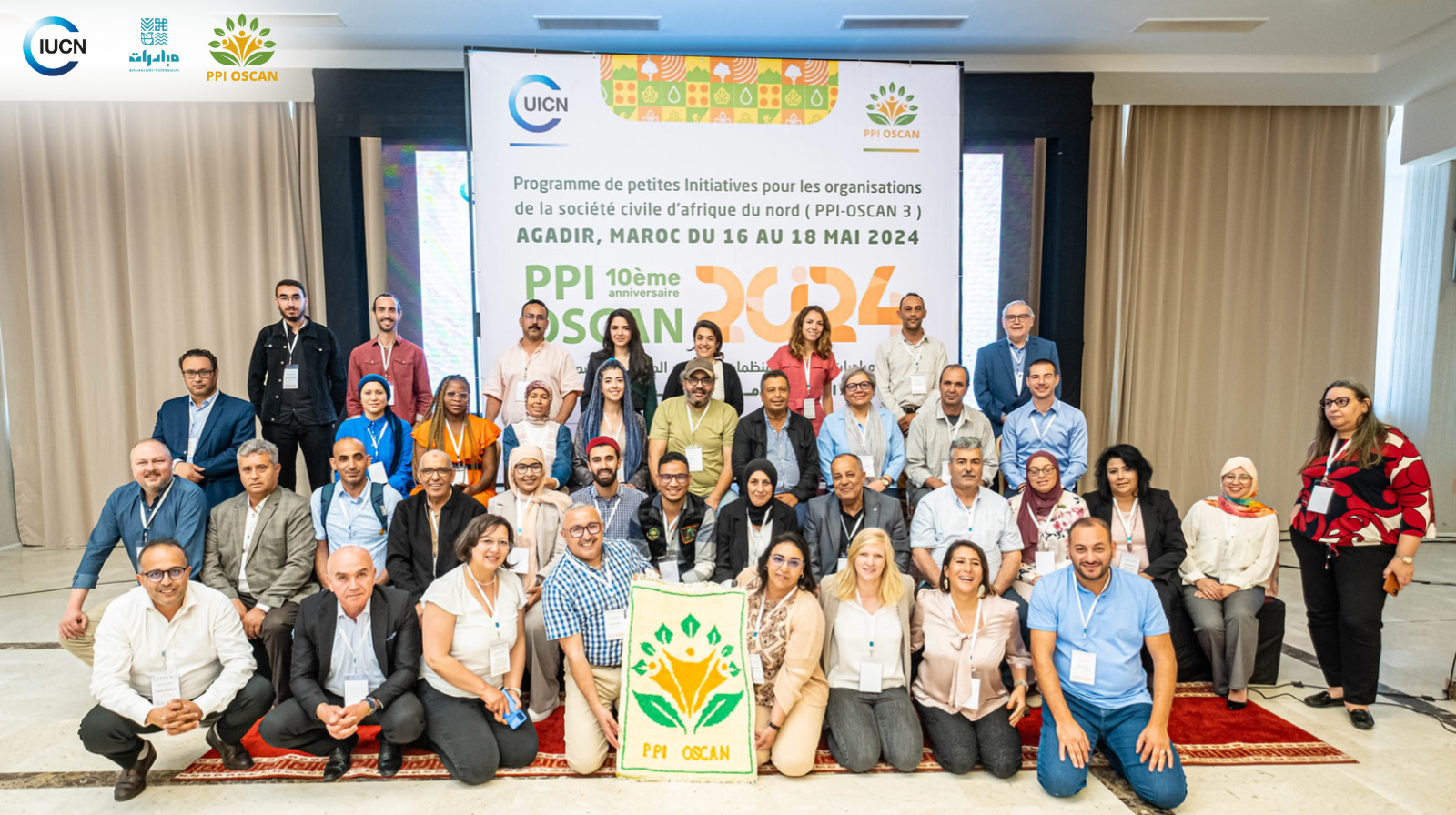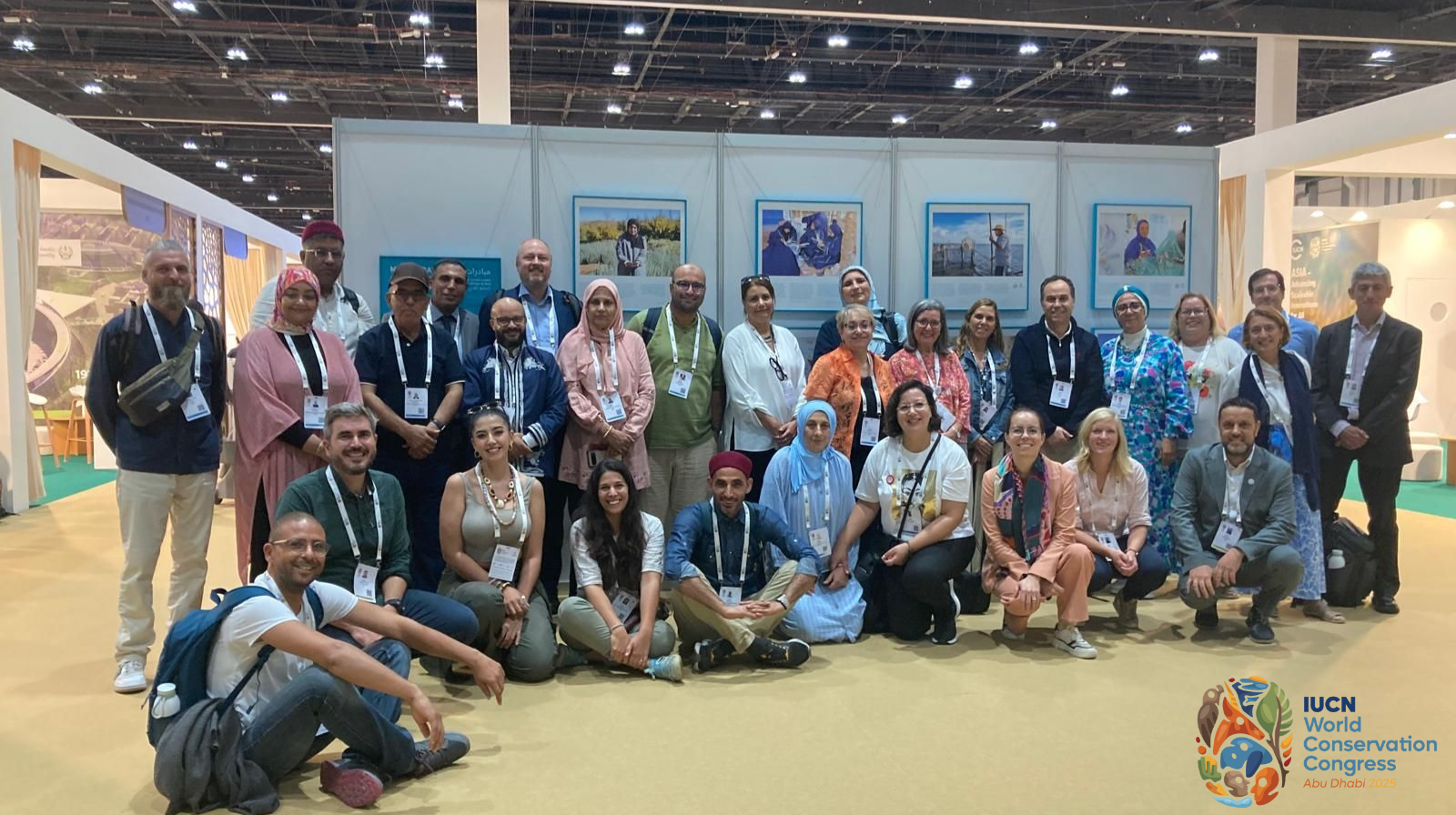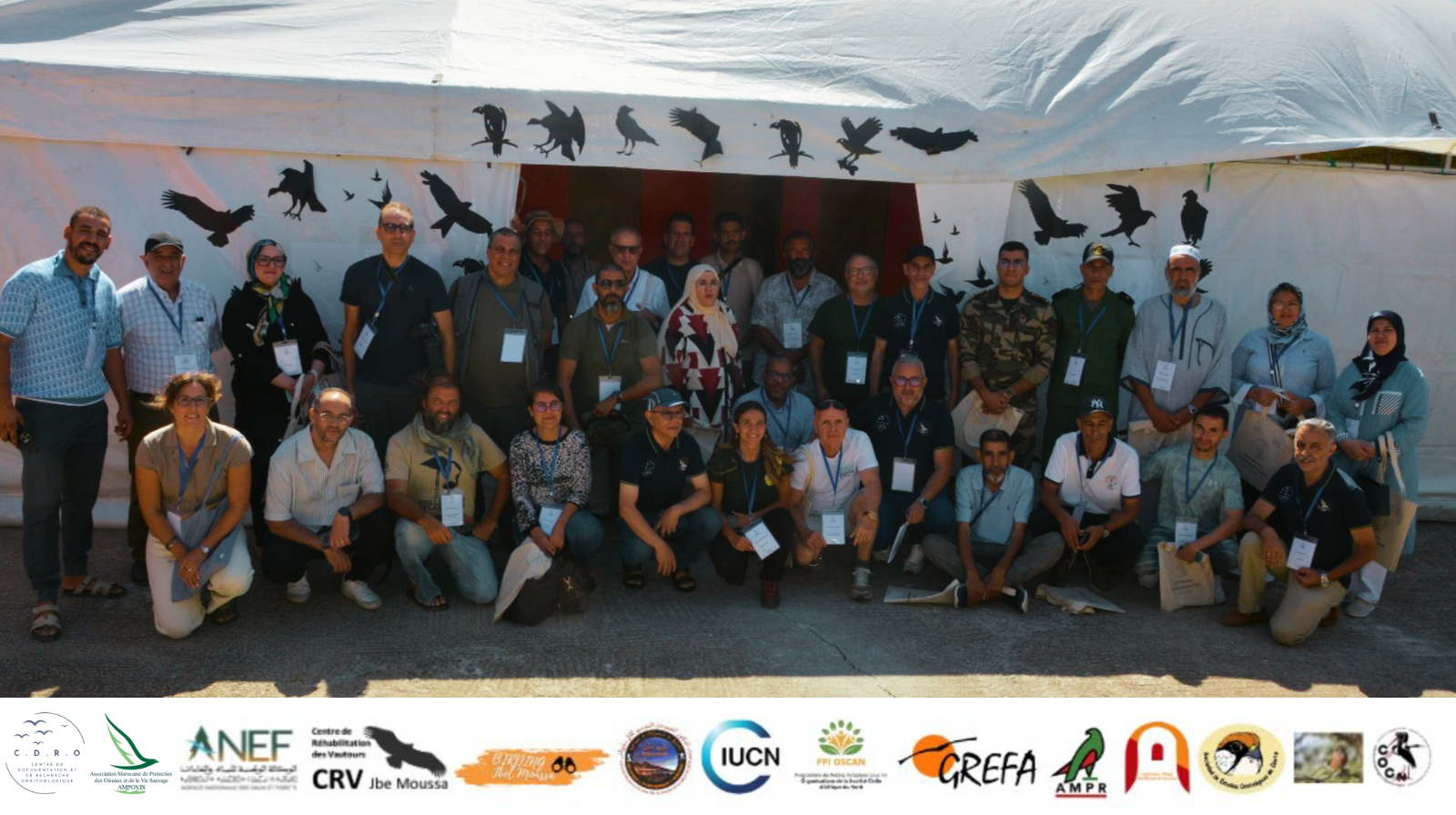Cx6 “Corridor Caroubier CAPTE Carbone et Changement Climatique” (Carbon Capture and Climate Change Corridor)
The story of the Cx6 project begins with an ambitious vision: to transform carob cultivation in Tunisia into an ecological and economic solution to the challenges of climate change. Led by the Association “Les Amis de CAPTE” and supported by the PPI OSCAN 3 Program, this project extends across the governorates of Kef and Bizerte, where innovative agro-systems are being established, combining carob, olive, and almond trees. The goal? To enhance climate resilience, restore ecosystems, and promote a burgeoning industry.
Why the Carob tree?
The carob tree, a native species still little exploited in Tunisia, offers unique ecological and economic potential. Known for its fruit rich in fiber and natural sugars, it offers a sustainable alternative to climate change and can play a major role in reforestation. Its deep roots help prevent soil erosion, and its cultivation in combination with other trees promotes a beneficial symbiosis for the ecosystem as a whole.
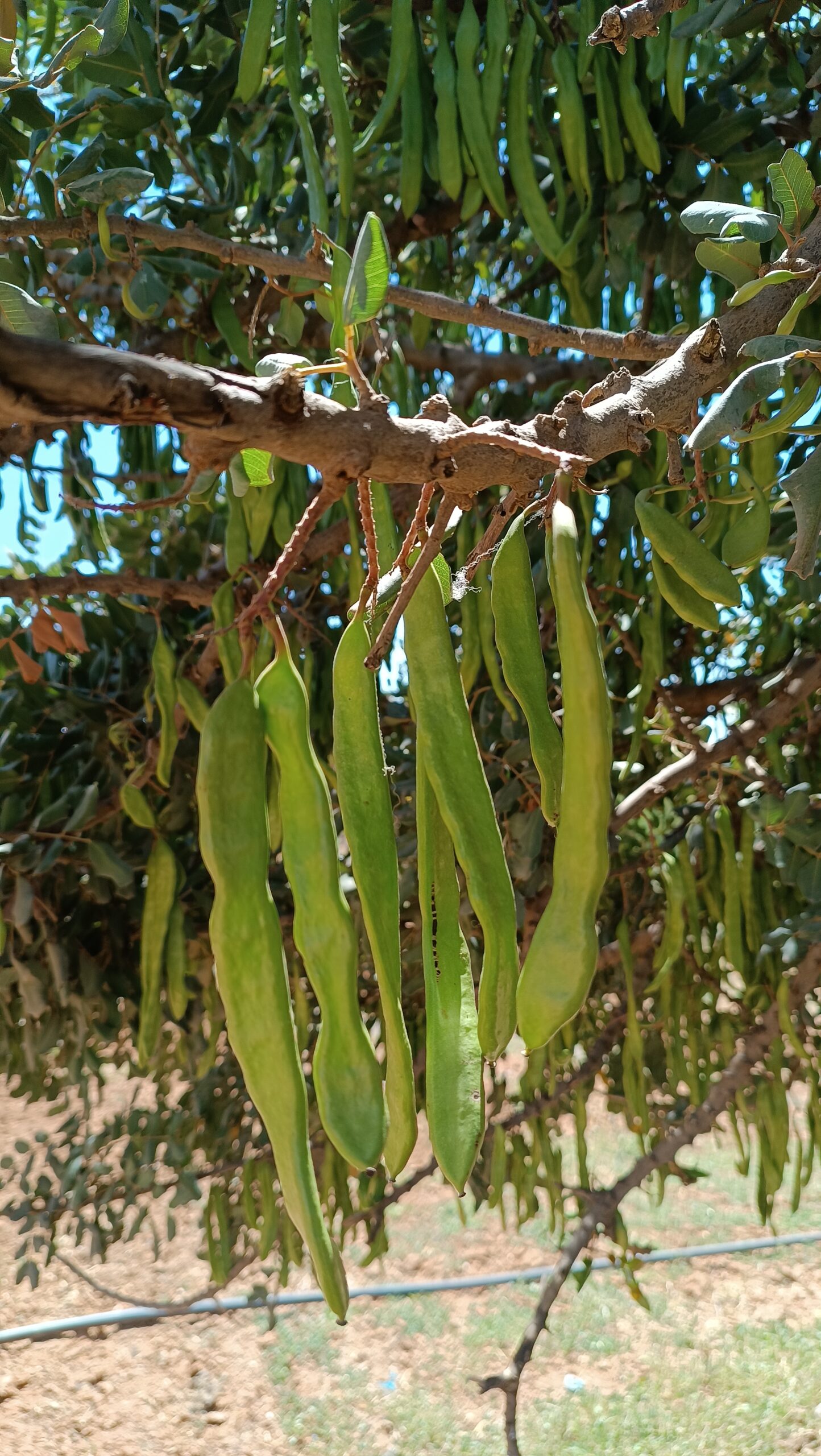
Pioneering advances in Tunisia: grafting and local network

Visit to the Caroubier pilot orchard – Oum Heni – Bizerte
Within the Cx6 project, the association has achieved a major breakthrough in Tunisia with the introduction of carob grafting, an innovative technique that optimizes tree production and opens up new research prospects for farmers and scientists alike. In collaboration with experts, the project has already organized more than 15 training workshops, involving 37 farmers (including 29 newcomers and 8 who took part in a previous program in Bizerte) as well as staff from the Direction Générale des Forêts (DGF) and other sectoral partners. In addition, the project also benefits 6 organizations (2 communes, 1 association, 1 college, 1 GDA, and 1 SMSA) and includes forest plantations on public land.
The Cx6 project goes beyond simple tree planting: it aims to create a local production network. Four carob nurseries have been set up in Kef, and the young plants are redistributed to nearby farmers, forming a true green corridor that reconnects landscapes and supports biodiversity.
Building a sustainable industry
In Tunisia, the carob sector remains underdeveloped. To address this, the association organized workshops bringing together researchers, farmers, and consumers to identify the challenges and opportunities of this emerging sector. These initiatives aim to lay the foundations of a sustainable value chain that will benefit all stakeholders, from producers to consumers. The project aims to strengthen the climate resilience of Tunisian agriculture by introducing agroforestry practices and promoting nature-based solutions. This includes the creation of a database to value the ecosystem services generated by the plantations, offering measurable recognition of their environmental and social impact.
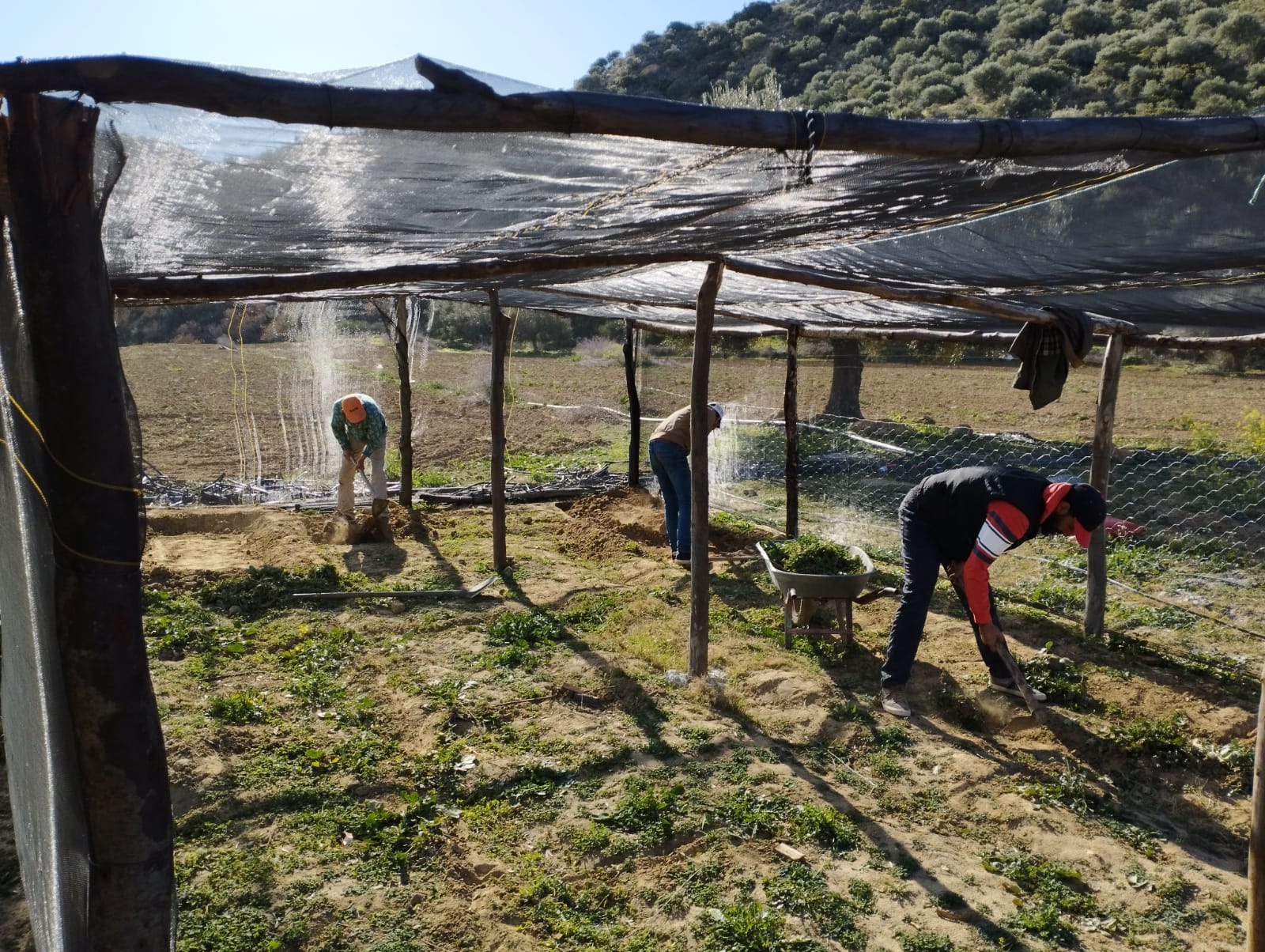
Tree nursery in Kef
A shared commitment and a tangible impact
The enthusiasm surrounding the project is palpable: farmers are showing great interest in this cultivation, with many already on the waiting list to join. Despite difficult climatic conditions, hectares of carob, olive, and almond trees are carefully irrigated, creating real green oases in the heart of the Kef and Bizerte governorates.
In November 2024, on the occasion of the National Tree Festival, a collective planting campaign of carob trees in the municipality of Ghzela – Bizerte was organized in partnership with the Association pour la Protection de l’Environnement et le Développement Durable de Bizerte (APEDDUB). This event symbolizes the spirit of collaboration between Tunisian associations, reinforcing the objectives of the PPI OSCAN 3 program.
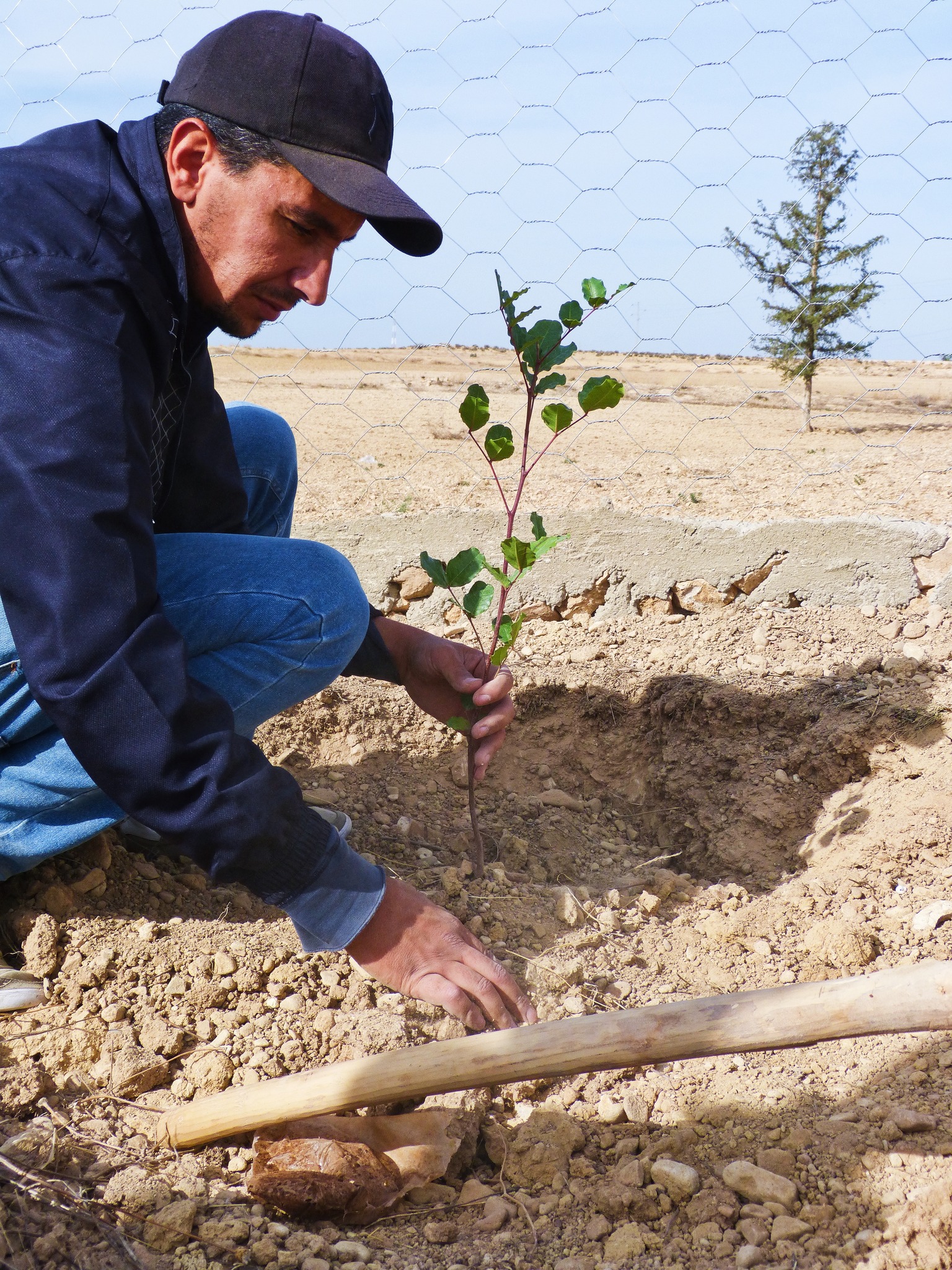
Thanks to the Cx6 project, Association les Amis de CAPTE is designing a greener, more resilient future for the Bizerte and Kef regions, while providing a research and innovation pathway for climate preservation and sustainable development in Tunisia.
Funded by the Small Initiatives Program for North African CSOs (PPI OSCAN), this project has received support from the French Global Environment Facility (FFEM), the MAVA Foundation and the Sigrid Rausing Trust Foundation.
To find out more about the CAPTE association, please visit their website or follow them on their social media.
Before becoming a reference in agroforestry in Tunisia, “Les Amis de CAPTE” implemented one of their first projects in 2017 through Phase Two of the Small Initiatives Program for CSOs in North Africa (PPI OSCAN). PPI OSCAN 3, coordinated by IUCN-Med and funded by the French Global Environment Facility (FFEM), the MAVA Foundation, and the Sigrid Rausing Trust Foundation, has allowed them to take a significant step forward by enhancing their technical expertise and multiplying their field actions.

